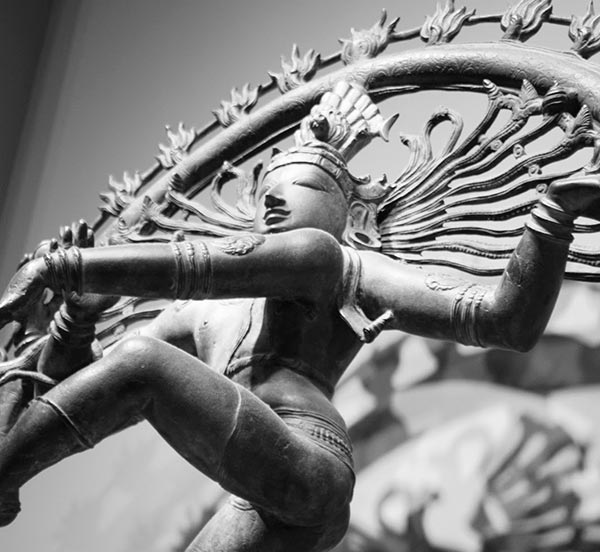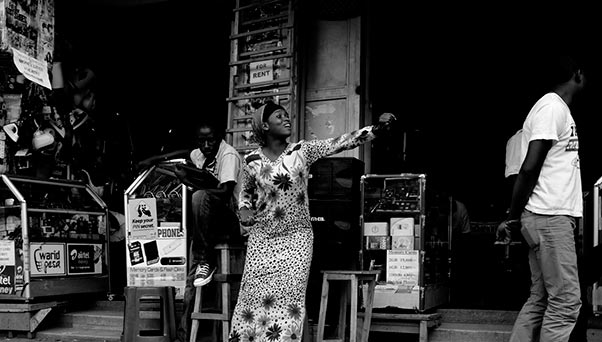Everlasting Words
Since the very first days of IDOCDE, the IDOCDE project teams and contemporary dance teachers have been discussing the importance of transmission. As teachers that move and move movers, we have a very critical and sensitive “job.” Embodiment, reflection, observation and communication, in short, are at the core of what we do.
In all IDOCDE projects the discussion and reflection with regards to these aspects of moving and teaching has been ongoing and shared through the meetings, Symposiums, online forums, and idocs. Today – as we are compiling valuable reflections as articles, manuals and scores in our upcoming e-publication Mind The Dance – we are once again touching upon the subject of transmission. Bertha Bermudez Pascual, in her “A Path for the Documentation of Teaching,” addresses this issue specifically. Here is a preview of her work that has been going on within the REFLEX project. It invites us to take a moment to contemplate on what we say, how we say what we move and are moved by…
More on the topic and different “words” of transmission and reflection awaits us at the 5th Symposium: why compromise. mind the dance; asking the question: what is my practice actually doing to the world – given my experience of managing personal pedagogic and artistic practices? How are my pedagogic and artistic decisions shaping the world of others – my students? My peers? And what, in particular, is the effect of the decisions I am not making?
Till we meet in the summer keep on reflecting inwards and outwards!
Defne Erdur
***
Terminology, Dance Transmission and Empowerment

(Dancing Shiva, Chola dynasty, Fathame,15-03-2010)
We are in the process of editing the Mind The Dance publication. I thought it would be great to already share – with IDOCDE colleagues – some of it’s content! Here are some quotes [1] and further reflections around my own contribution, on dance terminology, transmission and empowerment. They are intended as to inspire your thinking, arouse your thought processes, inspire your April and prepare your palate for the upcoming publication. Hope you enjoy it!
Bertha Bermudez Pascual,
Biarritz, March 2017
“When transmitting dance, words appear along the execution of movements as references to the action and its experience. They are only materialized when being verbalized. Naming movement has the function of framing the act of moving while capturing its experiential nature as an association. Generally images and sounds are the main sources to create movements. Present acts mingle with derived inspiration from in situ observations, memories, physical responses of the body, ideas and emotions.”
The sensations the execution of a movement generated are such that their verbalization consist of a very subjective perspective.
“Within dance, words have another function than naming. […] Naming a physical experience tends to make use of images and associations where nouns may act as verbs and adverbs as nouns.”
Such appropriation is an act of empowerment. In nowadays society being able to share physical experience with others turns into a mode of resistance to the economic politics where the body is not in power but rented to a capitalist mode of life. The capitalist body consumes but does not produce. The act of creation empowers communities. Being able to redefine words, appropriate language coming from a physical experience is a game rarely being played. The act of redefining words, positions dance in the dichotomy of standardization versus specific, global versus local, mass-production versus craftsmanship.
“The use of words is as specific as the creation of movement, where choices on the realization of form and meaning are constantly made. Thus paying attention to the terminology one applies within creating practice is essential to empower our own practice.”
*

(J.Stimp, The Dancer, the Saleswoman, 25-04-2015)
[1] All quotations are from “Terminology and Dance Transmission” in “A Path for the Documentation of Teaching”.
